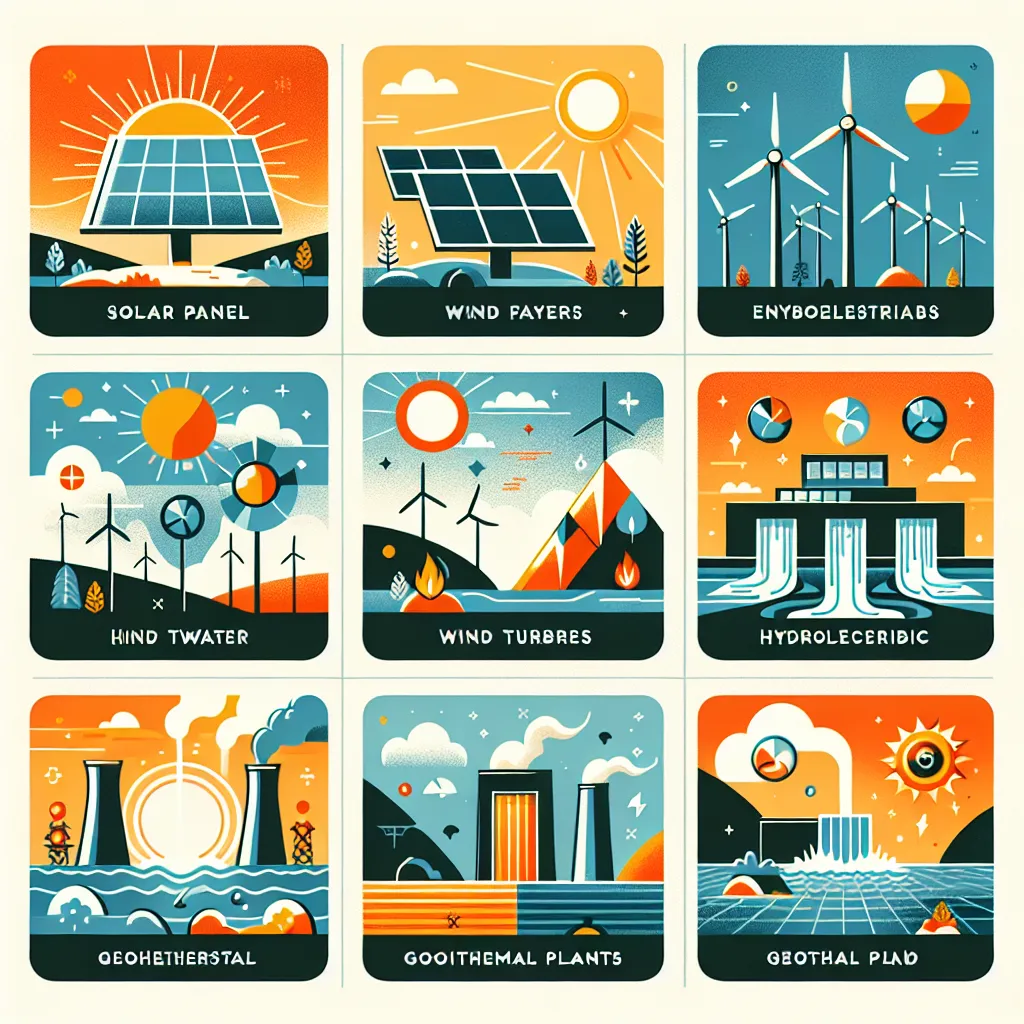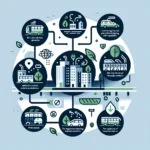In recent years, the topic of sustainable energy sources has gained significant traction in IELTS Writing Task 2 questions. This trend reflects the growing global concern about environmental issues and the need for sustainable development. As an IELTS candidate, it’s crucial to be well-prepared for this topic, as it’s likely to appear in future exams. Let’s explore a relevant question and provide a high-scoring sample essay to help you tackle this subject effectively.
Analyzing the Question
Some people think that the best way to solve global environmental problems is to increase the cost of fuel for cars and other vehicles. To what extent do you agree or disagree?
This question touches on the broader theme of sustainable energy sources and environmental solutions. It specifically asks for your opinion on whether increasing fuel costs is the most effective approach to address global environmental issues. Let’s break down the key elements:
- Topic: Global environmental problems and potential solutions
- Proposed solution: Increasing the cost of fuel for vehicles
- Task: Express your level of agreement or disagreement
- Scope: Global perspective
Sample Essay (Band 8-9)
Here’s a high-scoring sample essay that addresses the question:
Environmental issues have become a pressing concern worldwide, and various solutions have been proposed to tackle these problems. Some argue that raising fuel prices for vehicles is the most effective way to address global environmental challenges. While I agree that this approach can contribute to solving the problem, I believe it is not the best or only solution.
Increasing fuel costs can certainly have some positive environmental impacts. Firstly, higher prices would likely discourage excessive car use, leading to reduced emissions and less air pollution. This could encourage people to opt for more sustainable transportation methods, such as cycling, walking, or using public transport. Moreover, higher fuel prices might incentivize car manufacturers to invest more in developing fuel-efficient or electric vehicles, which would further contribute to reducing carbon emissions in the long term.
However, relying solely on increasing fuel costs has several limitations and potential drawbacks. For one, it disproportionately affects lower-income individuals who may not have access to alternative transportation options or the means to purchase more fuel-efficient vehicles. This could lead to social inequality and economic hardship for many people. Additionally, some industries that heavily rely on transportation, such as agriculture and logistics, might pass on the increased costs to consumers, potentially leading to inflation and economic instability.
I believe that a more comprehensive and balanced approach is necessary to effectively address global environmental problems. This could include:
- Investing in renewable energy sources: Governments should allocate more resources to developing and implementing sustainable energy technologies like solar, wind, and hydroelectric power.
- Improving public transportation infrastructure: Making public transport more accessible, efficient, and affordable would provide viable alternatives to private vehicle use.
- Implementing stricter emissions standards: Enforcing more stringent regulations on vehicle emissions could push manufacturers to produce cleaner vehicles without solely relying on price mechanisms.
- Promoting education and awareness: Raising public consciousness about environmental issues and sustainable practices can lead to more responsible consumer choices and behaviors.
- Encouraging green innovation: Providing incentives for businesses and researchers to develop eco-friendly technologies and practices across various sectors.
In conclusion, while increasing fuel costs may play a role in addressing environmental issues, it should not be considered the best or only solution. A multifaceted approach that combines economic incentives, technological innovation, policy changes, and public education is more likely to yield sustainable and equitable results in tackling global environmental challenges.
(Word count: 374)
 Sustainable Energy Sources Infographic
Sustainable Energy Sources Infographic
Key Writing Tips for This Topic
When writing about sustainable energy sources and environmental issues, keep these points in mind:
- Use specific examples: Incorporate relevant examples of sustainable energy sources or environmental policies to support your arguments.
- Balance your perspective: Consider both the advantages and limitations of proposed solutions to demonstrate critical thinking.
- Use appropriate linking words: Employ a variety of cohesive devices to connect your ideas smoothly (e.g., “however,” “moreover,” “in addition”).
- Maintain formality: Use an academic tone and avoid colloquial expressions or overly emotional language.
- Provide a clear stance: Ensure your position on the issue is evident throughout the essay, especially in the introduction and conclusion.
Essential Vocabulary for Band 8-9
Here are some advanced vocabulary items that can help elevate your essay to a higher band score:
- Incentivize (verb) /ɪnˈsen.tɪ.vaɪz/ – to encourage or motivate someone to do something
- Disproportionately (adverb) /ˌdɪs.prəˈpɔː.ʃən.ət.li/ – in a way that is too large or too small in comparison to something else
- Multifaceted (adjective) /ˌmʌl.tiˈfæs.ɪ.tɪd/ – having many different aspects or features
- Viable (adjective) /ˈvaɪ.ə.bəl/ – capable of working successfully; feasible
- Stringent (adjective) /ˈstrɪn.dʒənt/ – strict, precise, and exacting
- Comprehensive (adjective) /ˌkɒm.prɪˈhen.sɪv/ – including or dealing with all or nearly all elements or aspects of something
- Allocate (verb) /ˈæl.ə.keɪt/ – to give or apportion (resources, time, etc.) for a specific purpose
- Inflation (noun) /ɪnˈfleɪ.ʃən/ – a general increase in prices and fall in the purchasing value of money
Conclusion
Mastering the topic of sustainable energy sources and environmental issues is crucial for success in IELTS Writing Task 2. By understanding the key aspects of this subject and practicing with sample questions, you can improve your ability to write coherent, well-structured essays that demonstrate your language proficiency and critical thinking skills.
To further enhance your preparation, consider practicing with similar topics such as:
- The role of individuals vs. governments in addressing climate change
- The impact of renewable energy on job markets and economies
- Balancing economic growth with environmental protection
Remember to focus on developing a clear argument, using relevant examples, and showcasing your vocabulary and grammar skills. Feel free to share your practice essays in the comments section below for feedback and discussion with fellow IELTS candidates. Good luck with your IELTS preparation!


